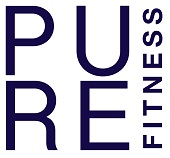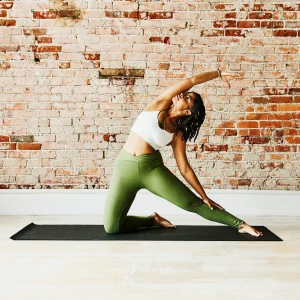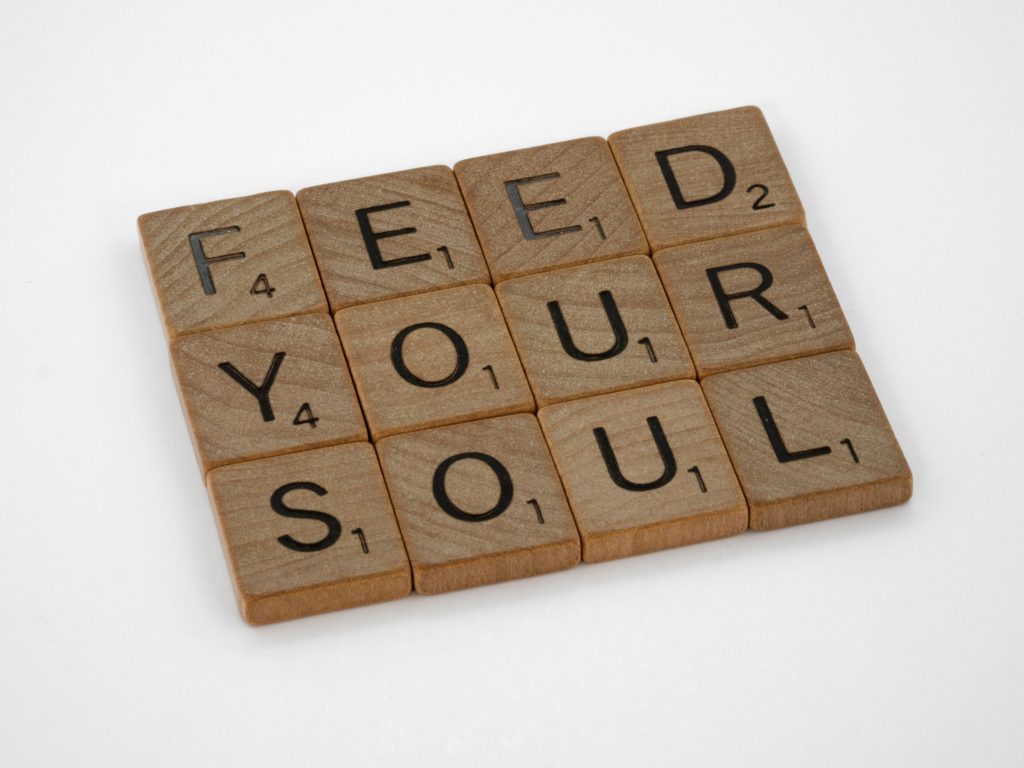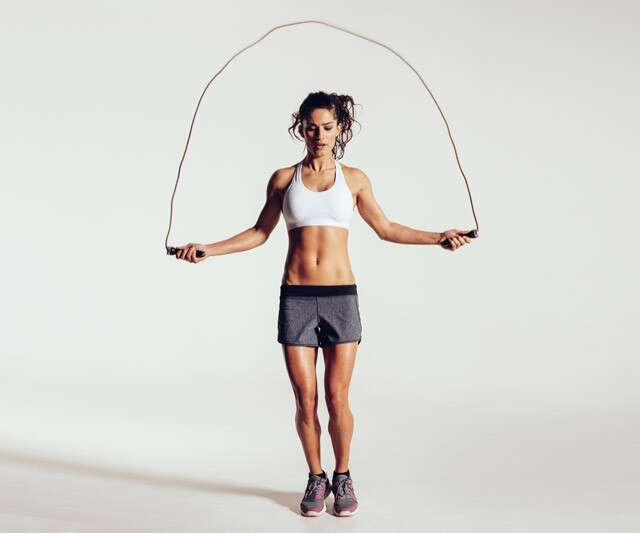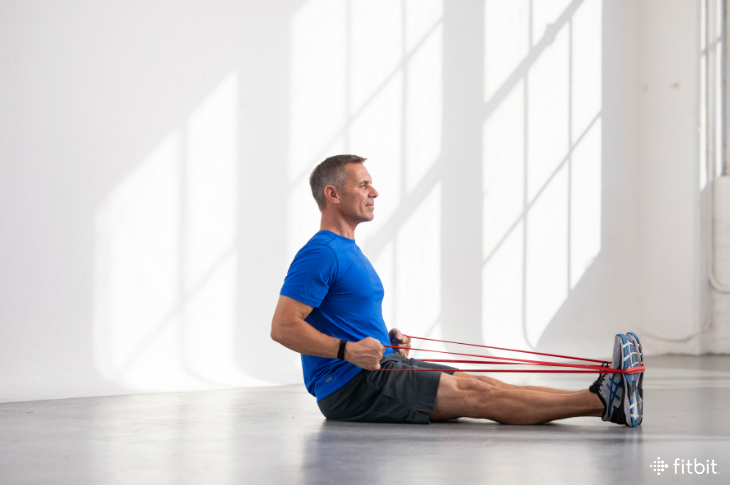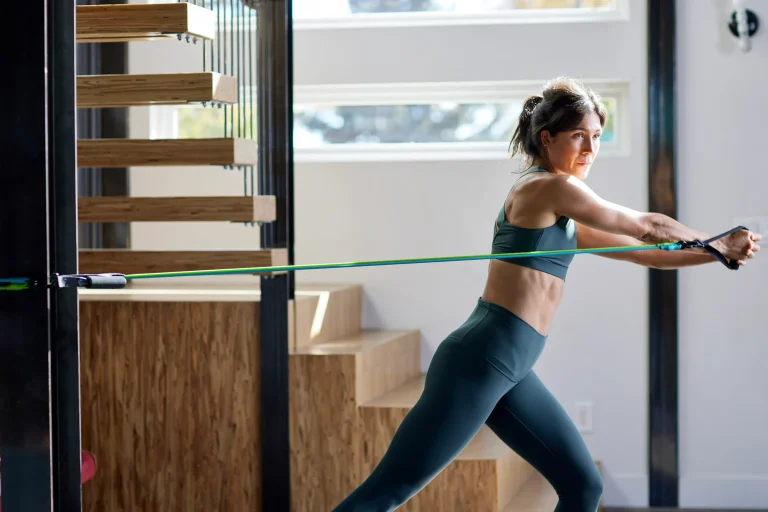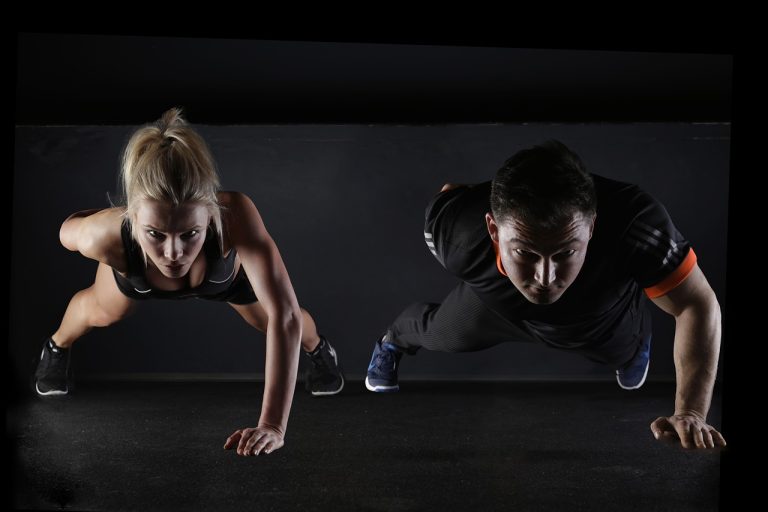Have you ever wondered if Pilates is more than just a physical workout? Is there a spiritual aspect to this popular exercise regimen? In this article, we will explore the question of whether Pilates can be considered a spiritual practice or if it is solely focused on the body. Join us as we delve into the depths of Pilates and uncover the potential spiritual benefits it may offer. Get ready to discover a whole new dimension to this transformative exercise method.
Table of Contents
ToggleWhat is Pilates?
Pilates is a form of exercise that focuses on strengthening the body, improving flexibility, and enhancing overall physical and mental well-being. Developed by Joseph Pilates in the early 20th century, this method combines deep stretching, controlled movements, and precise breathing techniques to promote a harmonious connection between the mind and the body. Whether you are a beginner or an experienced practitioner, Pilates offers a wide range of benefits that can help you achieve a stronger, more balanced physique.
The Origins of Pilates
Pilates was created by German-born Joseph Pilates in the 1920s. Originally known as “Contrology,” this exercise method was initially intended to aid in the rehabilitation of injured soldiers during World War I. Pilates himself, a man with a deep interest in anatomy and physical fitness, developed a series of exercises that focused on strengthening the core muscles, improving posture, and enhancing overall body awareness. Over the years, Pilates gained popularity and evolved into a mainstream exercise practice, with numerous variations and adaptations being introduced.
The Mind-Body Connection in Pilates
One of the fundamental principles of Pilates is the mind-body connection. Unlike traditional exercise routines that may solely focus on physical exertion, Pilates emphasizes the importance of being present in the moment and fully engaging both the mind and body in each movement. By bringing conscious awareness to your body, Pilates helps you develop a deeper understanding of your physical sensations, alignment, and movement patterns. This heightened mind-body connection allows for more efficient and controlled movements, minimizing the risk of injuries and maximizing the effectiveness of the exercises.
Physical Benefits of Pilates
Besides its emphasis on the mind-body connection, Pilates offers a myriad of physical benefits. Regular Pilates practice can significantly enhance your strength, flexibility, and stamina. The exercises target not only the large muscle groups but also the smaller, deeper muscles, providing a holistic and balanced approach to fitness. By focusing on core strength and stability, Pilates improves your posture, reduces back pain, and enhances overall body alignment. Additionally, Pilates helps you develop long, lean muscles, creating a sculpted and toned physique.
Pilates and Core Strength
Core strength lies at the very core (pun intended) of Pilates. The core encompasses the muscles of the abdomen, lower back, and hips, providing stability and support for the entire body. Through a series of controlled and precise movements, Pilates targets these core muscles, strengthening them from the inside out. A strong core not only improves your balance and stability but also reduces the risk of injuries, supports proper body mechanics, and enhances overall athletic performance. With consistent Pilates practice, you can achieve a rock-solid core that serves as the foundation for a healthier and more agile body.
Pilates and Flexibility
In addition to core strength, Pilates also focuses on improving flexibility. Flexibility is vital for maintaining a full range of motion in the joints and preventing muscular imbalances. Many Pilates exercises involve deep stretching, lengthening and elongating the muscles, and increasing joint mobility. By consistently practicing Pilates, you can enhance your flexibility, enabling your body to move freely and efficiently. Improved flexibility not only enhances athletic performance but also reduces the risk of injuries and promotes better overall movement quality in your daily life.
Pilates and Posture
In today’s sedentary lifestyle, poor posture has become a common problem for many individuals. Spending hours hunched over desks and screens can lead to muscular imbalances and structural misalignments. Pilates places great emphasis on improving posture by strengthening the core muscles, particularly the muscles of the back and abdomen. As the core becomes stronger, the body becomes more aligned and balanced, reducing the strain on the spine and promoting a more upright and graceful posture. By practicing Pilates, you can counteract the negative effects of prolonged sitting and promote a healthier, more aligned spine.
The Role of Breathing in Pilates
Breathing plays a significant role in Pilates, serving as a bridge between the mind and the body. Pilates emphasizes a specific breathing technique known as “lateral thoracic breathing.” This breathing pattern involves expanding the ribcage laterally during inhalation and retracting it during exhalation, allowing for maximum oxygen intake and efficient energy utilization. Proper breathing not only enhances the effectiveness of the movements but also helps release tension, maintain focus, and promote overall relaxation. By harnessing the power of breath, Pilates cultivates a sense of calm and mindfulness, fostering a deeper connection between the body and the mind.
The Philosophical Roots of Pilates
While Pilates is primarily known for its physical benefits, the method also has profound philosophical roots. Joseph Pilates believed that physical and mental health were interconnected and that each individual had the power to cultivate their own well-being. He considered the mind, body, and spirit as a unified whole, and the practice of Pilates as a means to integrate and harmonize these aspects. Pilates himself drew inspiration from various disciplines, including yoga, martial arts, and Greek and Roman physical cultures. This fusion of influences resulted in a holistic approach to exercise that transcends the physical realm and delves into the realm of spiritual well-being.
Practical Tips for a Spiritual Pilates Practice
If you are interested in exploring the spiritual side of Pilates, here are some practical tips to enhance your practice:
1. Set an Intention: Before beginning your Pilates practice, take a moment to set a personal intention or focus for your session. This intention can be as simple as cultivating gratitude, finding inner peace, or embracing mindfulness. By setting an intention, you create a purposeful and meaningful framework for your practice.
2. Practice Mindfulness: Throughout your Pilates session, strive to maintain a present-moment awareness. Be fully engaged in each movement, paying attention to your body, breath, and sensations. Avoid distractions and let go of any thoughts or worries that may arise. By practicing mindfulness, you can deepen your mind-body connection and experience a more profound sense of spirituality.
3. Incorporate Meditative Elements: Integrate meditative elements into your Pilates practice, such as incorporating moments of stillness, closing your eyes during certain exercises, or focusing on a specific mantra or affirmation. These practices can help you cultivate inner peace, mental clarity, and a heightened sense of spirituality.
4. Embrace the Joy of Movement: Pilates is not only a physical exercise but also an opportunity to experience joy and pleasure in movement. Approach your practice with a sense of curiosity, playfulness, and gratitude for your body’s abilities. By embracing the joy of movement, you can tap into a deeper appreciation for the spiritual aspects of Pilates.
5. Reflect and Journal: After each Pilates session, take a few moments to reflect on your experience. Consider any insights, breakthroughs, or emotions that arose during your practice. You may also find it helpful to keep a journal to document your journey and track your progress. Reflecting and journaling can deepen your connection to your inner self and enhance your spiritual growth.
In conclusion, Pilates offers not only physical benefits but also a pathway to spiritual well-being. By incorporating the principles of the mind-body connection, core strength, flexibility, and posture, Pilates allows you to tap into a deeper sense of self-awareness and mindfulness. When approached with intention, mindfulness, and a focus on the spiritual aspects, Pilates becomes more than just an exercise routine – it becomes a transformative practice that nurtures both the body and the soul.
